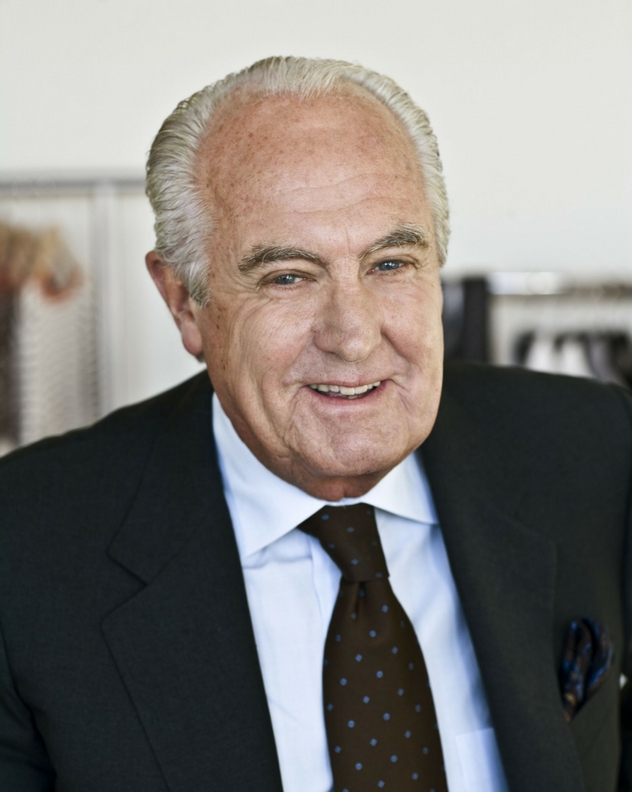Steve Morris: Lost gurus of the 80s – Jan Carlzon (Part 1: Moments of Truth)

Jan Carlzon’s book Moments of Truth comes from the depths of the 1980s. It is both prophetic and deeply inspiring and as fresh and relevant now as it was when he wrote it.
Carlzon was the young and dynamic president and CEO of Scandinavian Airline Services (SAS). He faced an unenviable challenge with this part-state owned monolith.
The Oil Crisis of the mid 70s had meant that the aircraft business had stagnated, and SAS was heading towards a $20 million loss. It was assumed that Carlzon would take the tried and trusted route of simply cutting costs – cheese-slicer style (all departments make the same level of cuts). But he realised that this would simply weaken the company.
He formed a new management team that concentrated all their energies on taking SAS on a new, and seemingly risky, course. The objective was to make the airline operationally profitable even though the market couldn’t be improved. Carlzon and his team decided that they would not achieve short-term profitability by selling aeroplanes; instead they would concentrate on providing the very best service in the market and so increase their share of that stagnant overall market. They decided to concentrate on becoming the best airline in the world for the frequent business traveller.
Carson admits this wasn’t a particularly new idea, but it did work. He decided to stop regarding expenses as an evil that should be minimised but instead looked at how to spend money wisely within the company to build on what he called moments of truth.
One of the projects was to cut bureaucracy and so they radically cut the number of reports that were written and concentrated on only the communications that mattered. In the end they focused the entire company from the executive suite to the most remote check-in desk, on customer service. In 1983 survey by fortune magazine SAS was named airline of the year 1983.
The moments of truth idea is an interesting one. It says that there are numerous interactions between customers and staff and for any business it’s those key moments with regular customers that make or break loyalty. If the day to day interactions with staff is positive, if staff can fix problems on the spot, if they seem enthused and as-one with the vision of the organisation then hey-presto!
The message is as relevant now as it was then – perhaps even more so. We like businesses that feel personal and we like to see employees who look like they’re switched on. When it’s not there we genuinely know.
Underpinning Carlzon’s ethos is a creed that he relays at the very front of his book. His four points are that everyone needs to know and feel that they are needed. Everyone wants to be treated as an individual. Giving someone the freedom to take responsibility releases resources that would otherwise remain concealed. An individual without information cannot take responsibility; an individual who is given information cannot help but take responsibility.
In Carlzon’s world, responsibility is entrusted to the frontline and middle managers turn away from being administrators and become facilitators of the great vision which was to put the customer at the centre of everything.
Coulson realised that as well as this ethos there needed to be structural changes in the business. Traditional westernised businesses tended to have a fixed and rigid structure; middle managers become simply the passers-on of orders and the administrators while the senior leaders made all the decisions and had all the answers. Carlzon decided to have a much flatter structure where the top executive becomes a true leader devoted to creating an environment in which employees can accept and execute their responsibilities with confidence and finesse.
I ran a business that did all the things that Carlzon recommended, and it flew, rather as his airline did. As we emerge from Covid what will businesses look like and what will be the new moments of truth?
 Steve Morris is the Vicar of St Cuthbert’s, North Wembly, an entrepreneur, and the author of several publications for CEME and beyond including Enterprise and Entrepreneurship, and Lessons from Family Business, both available from the CEME office. He is married, with two children and has three cats. His latest writing, Our Precious Lives, dealing with the power of story-telling is available here.
Steve Morris is the Vicar of St Cuthbert’s, North Wembly, an entrepreneur, and the author of several publications for CEME and beyond including Enterprise and Entrepreneurship, and Lessons from Family Business, both available from the CEME office. He is married, with two children and has three cats. His latest writing, Our Precious Lives, dealing with the power of story-telling is available here.
